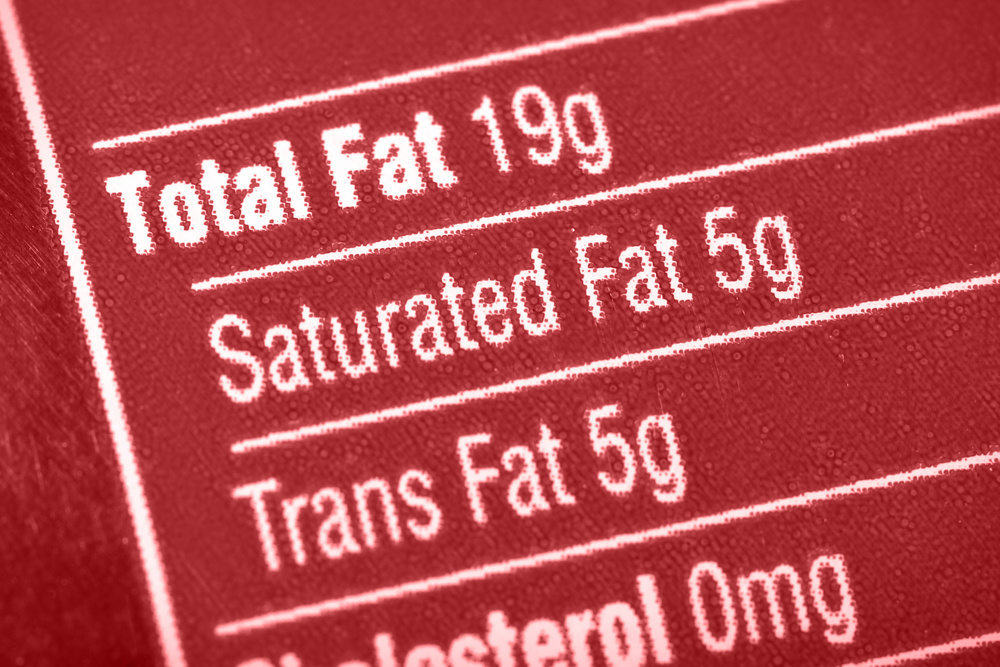In a study published in the Journal of Nutritional Biochemistry entitled “Lipidomic evidence that lowering the typical dietary palmitate to oleate ratio in humans decreases the leukocyte production of proinflammatory cytokines and muscle expression of redox-sensitive genes” and authored by C. Lawrence Kien, MD, et al., researchers discovered that the presence of an increased immune response could be related to a high fat diet as well as the occurrence of various inflammation and obesity-related diseases such as atherosclerosis and type 2 diabetes. Dr. Kien is a professor in medicine and pediatrics at the University of Vermont in Burlington, Vermont.
The research was a randomized and controlled cross-over study that gave thin and obese people palmitic acid, which is high in saturated fats, or oleic acid, which is low in saturated fats, for three weeks with a one week wash-out period in which the participants ate a low fat diet between the different diets. The total length of the study was 7 weeks. The results of the study showed that those who ate the high palmitic acid diet showed an increase in the production of cytokines, modulators of inflammation in the human body and known to increase the risk of metabolic diseases in humans.
Obesity, as evidenced by having high body fat and eating an unhealthy diet, has been found to be linked to several metabolic diseases, including type 2 diabetes, atherosclerosis, and Alzheimer’s dementia. However, this finding has not been shown in everyone, according to Dr. Kien.
The study was based on prior research that showed that the addition of saturated fat to the diet has an inflammatory effect on the individual. This inflammation, in turn, is believed to directly affect the risk of developing metabolic disease.
Researchers have studied the effects of fat intake on inflammation in vitro and in animal models. One 2011 study revealed that palmitic acid, a common component of the American diet, increases interleukin-1beta and other cytokines. This most recent study was one of the first to evaluate the process in human subjects.
The most recent study revealed that changing the amount of palmitic acid in the diet directly affected the amount of interleukin-1beta. Following each fat-containing diet, the researchers measured different outcomes, including those outcomes related to inflammation. The high palmitic diet stimulated the production of cytokines that are modulated by NRLP3 inflammasome, which further increases inflammation and the risk of getting a metabolic disease.
What does this mean for those who want to eat healthy? It could mean that eating a high saturated diet brings on inflammation caused by inflammatory mediators that go on to cause metabolic diseases. On the other hand, eating a diet high in unsaturated fats may have an altogether different effect on inflammation and the risk of metabolic diseases, as seen in those who eat a Mediterranean, high-unsaturated fat diet.


